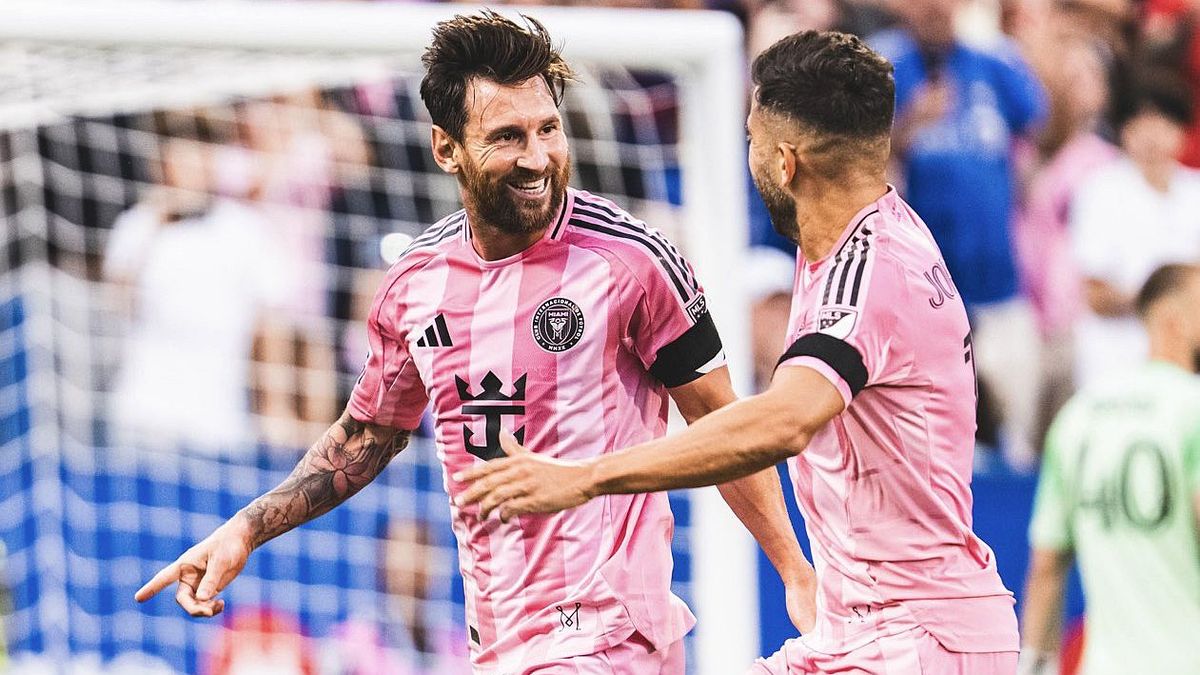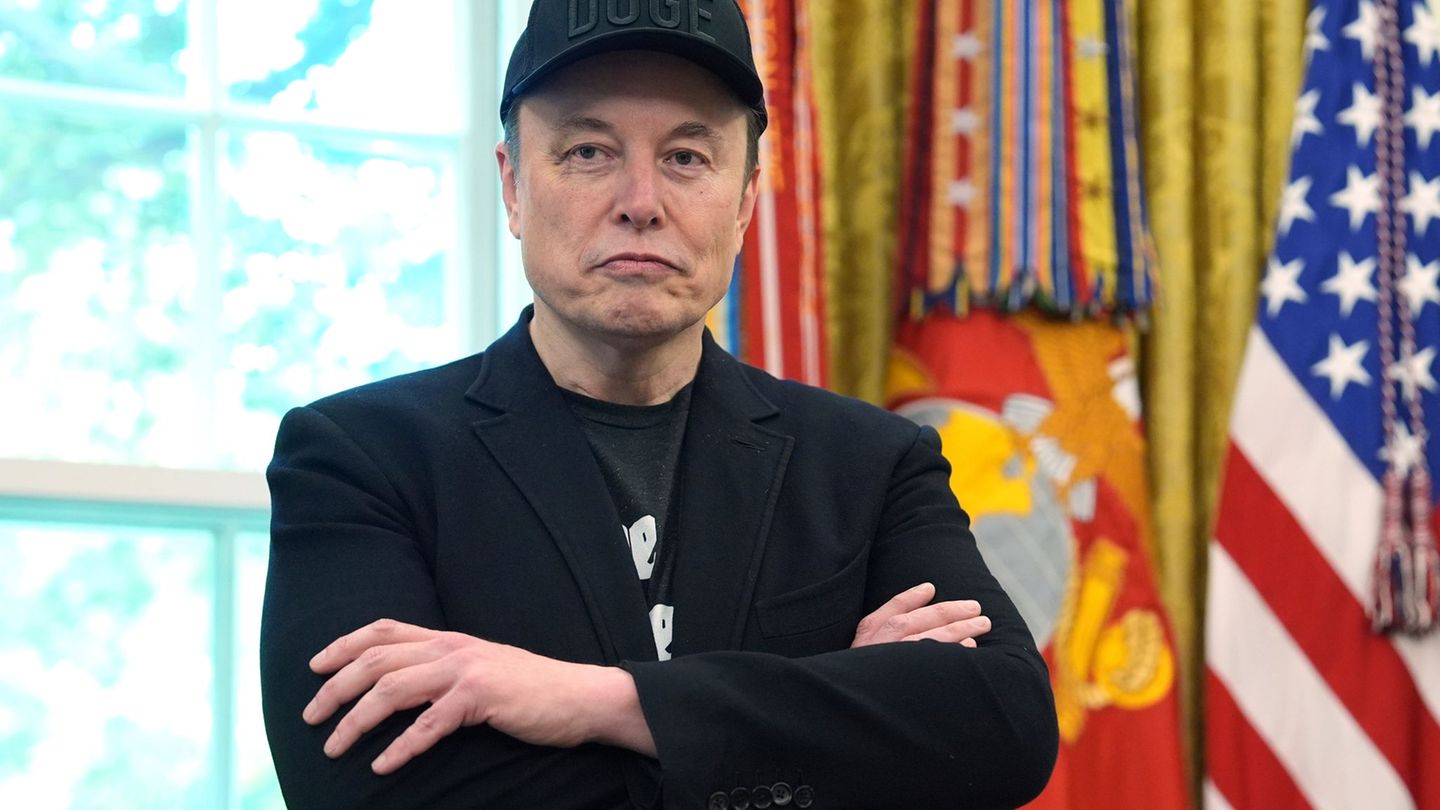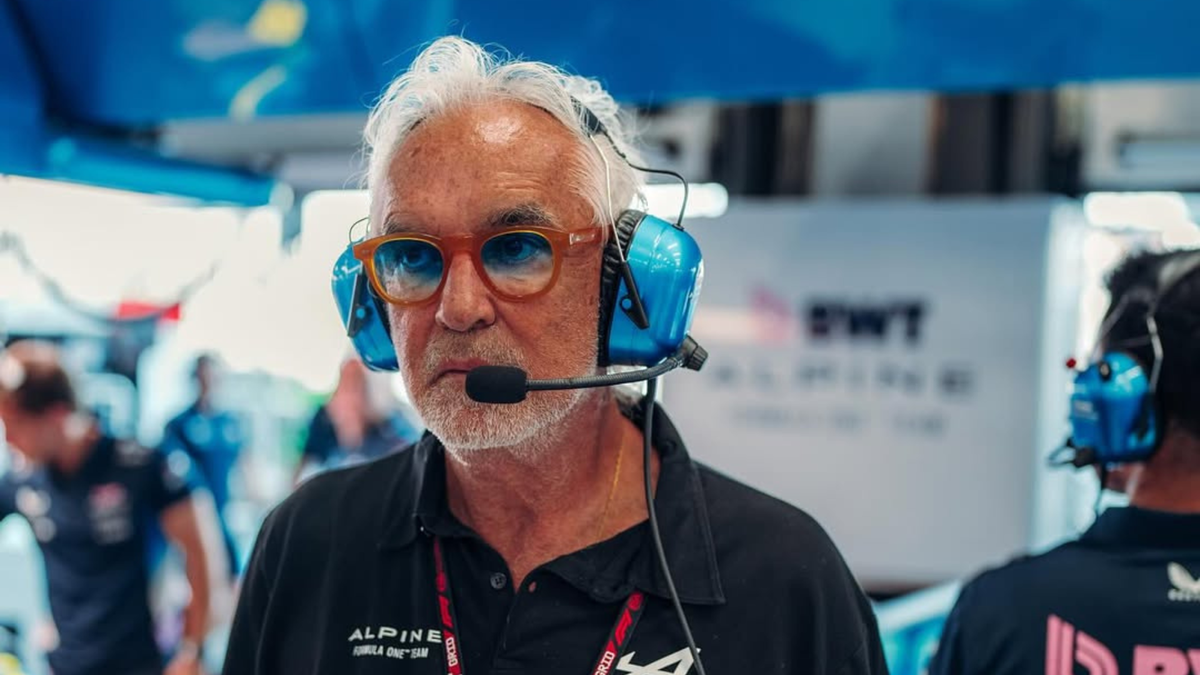Ukraine wants to use a “victory plan” to persuade Western partners to change course on arms deliveries. The president is now giving details at an EU summit. This is also about Germany.
Ukrainian President Volodymyr Zelenskyj sought support for his plan for a victory against Russia at a meeting with the heads of state and government of the EU states. Zelensky said in Brussels that the approach was to create “peace through threats.” To this end, Germany, France, Italy, Great Britain and the USA should ensure that a suitable missile package can be stationed in Ukraine.
This could then either force Russia into real peace negotiations or enable the destruction of military targets, explained Zelensky. It’s about strengthening Ukraine so that it can then be ready for diplomacy. It depends on the will of the partners as to whether his plan can be implemented.
Victory plan requires partners to change course
Zelensky was alluding to the fact that key points of his “victory plan” would require a political change in countries like Germany. Federal Chancellor Olaf Scholz has so far refused to provide Ukraine with extensive weapons systems for attacks on targets in the Russian hinterland. There is also no German support for the Ukrainian desire for a quick and unconditional invitation to NATO.
On the sidelines of the meeting with the heads of state and government of the EU states, Scholz made it clear that, despite Ukraine’s difficult military situation, he did not intend to back down from his previous positions. “You know Germany’s position on the issues that are raised there. Nothing will change,” he said on the sidelines of the EU meeting with Zelensky in response to a question about the “victory plan.”
Germany and the USA are slowing down
Scholz once again sided with the USA, which also currently does not want to fulfill Zelensky’s central wishes out of fear of a further escalation of the war in Ukraine. On the other hand, there are mainly Nordic and Eastern European EU and NATO states. They argue that only the greatest possible pressure is effective when dealing with Russia.
In non-public discussions, it is also pointed out that the invitation to NATO membership could also be a kind of trump card for Ukraine in later negotiations with Russia. For example, the government in Kiev could offer Moscow to renounce NATO membership if Russia withdraws from Ukrainian territory. One of Russia’s declared war aims is to force a neutral status for Ukraine.
Russia accuses Ukraine of escalation
Russia already said on Wednesday that Selenskyj’s plan did not explain in any of its points how he wanted to resolve the conflict, but rather tried to drag the Western allies even deeper into the war. Zelensky had already presented the plan last week in Rome, Paris and London behind closed doors. In Berlin he inaugurated Chancellor Scholz.
At the summit of the heads of state and government of the 27 EU countries, discussions about the war in Ukraine were only one topic alongside questions of migration policy and the situation in the Middle East. After his visit to the EU summit in Brussels, Zelensky also wanted to meet the defense ministers of NATO countries. These are currently for a two-day autumn meeting in the Belgian capital, which will also focus on the Russian war of aggression against Ukraine.
Summit website Link to live stream Preliminary agenda
Source: Stern
I have been working in the news industry for over 6 years, first as a reporter and now as an editor. I have covered politics extensively, and my work has appeared in major newspapers and online news outlets around the world. In addition to my writing, I also contribute regularly to 24 Hours World.




